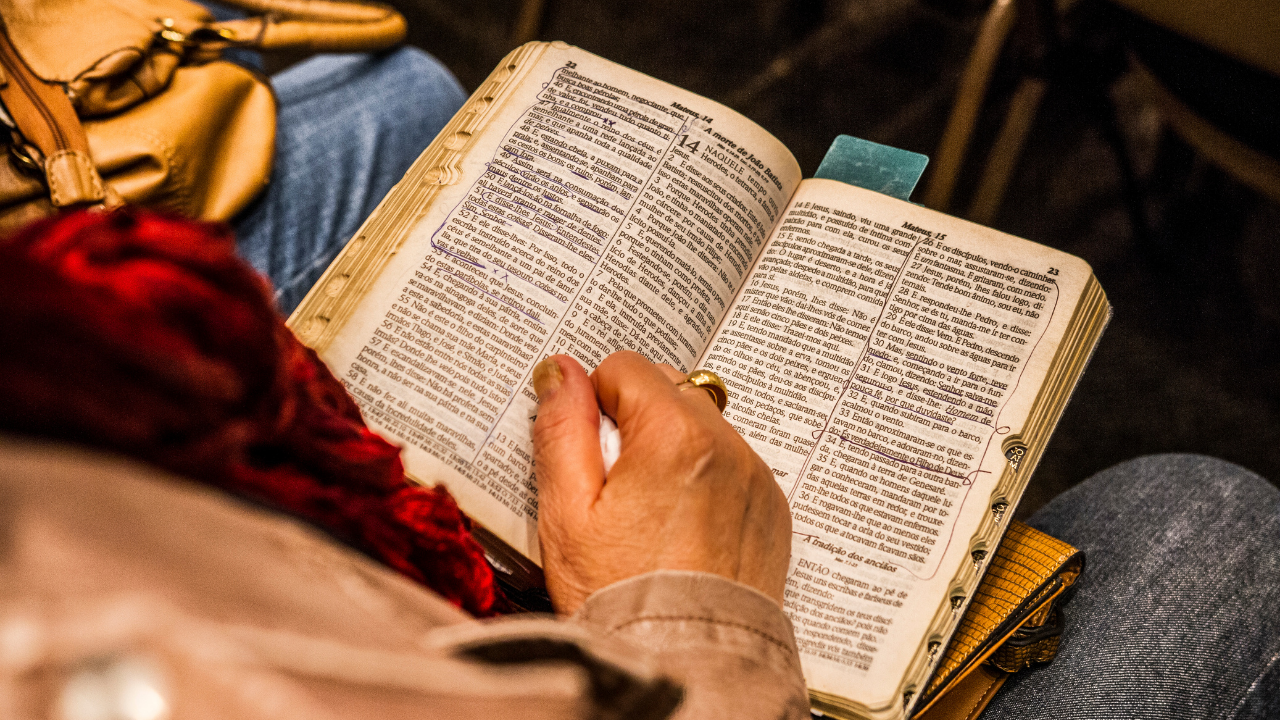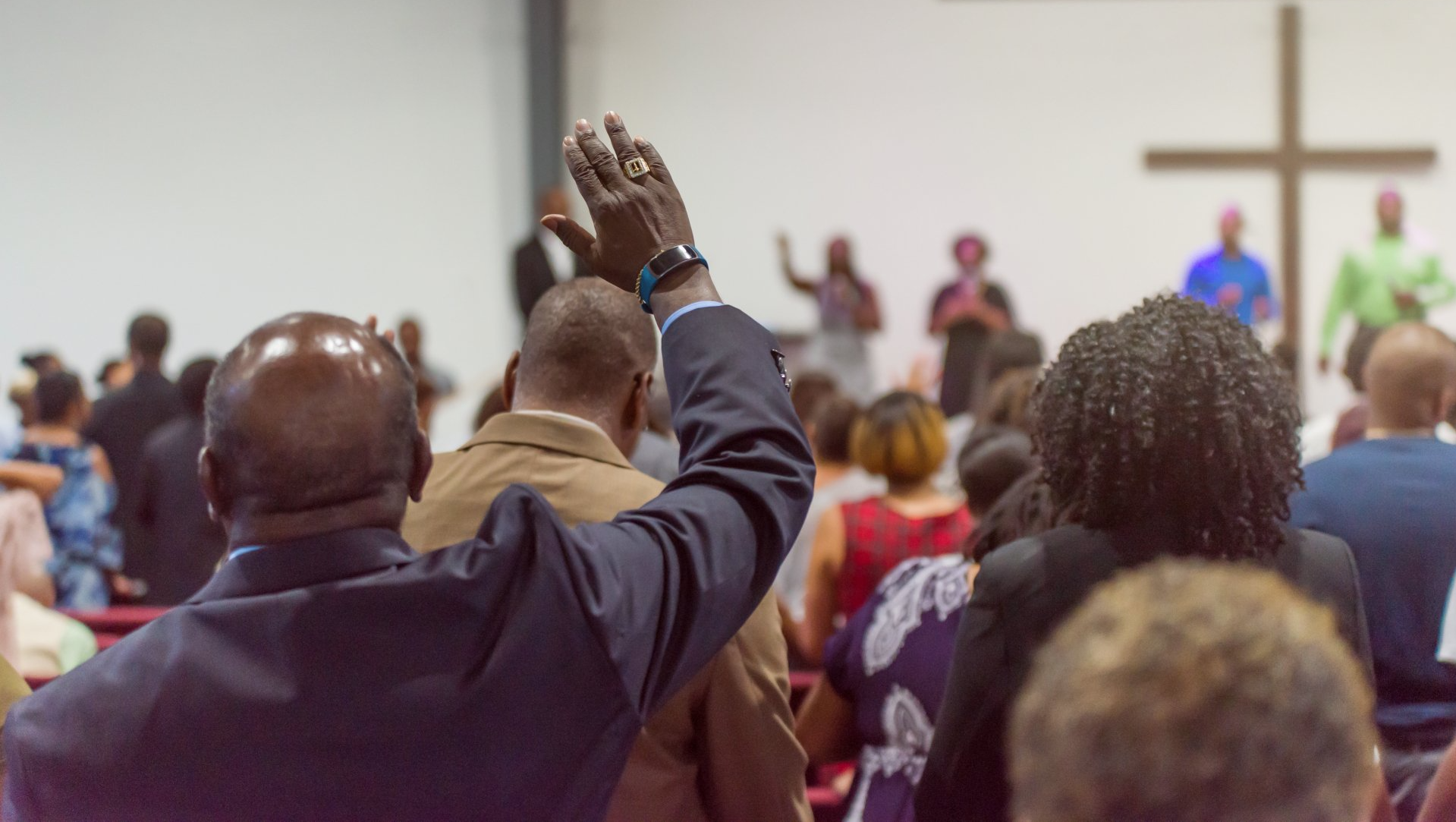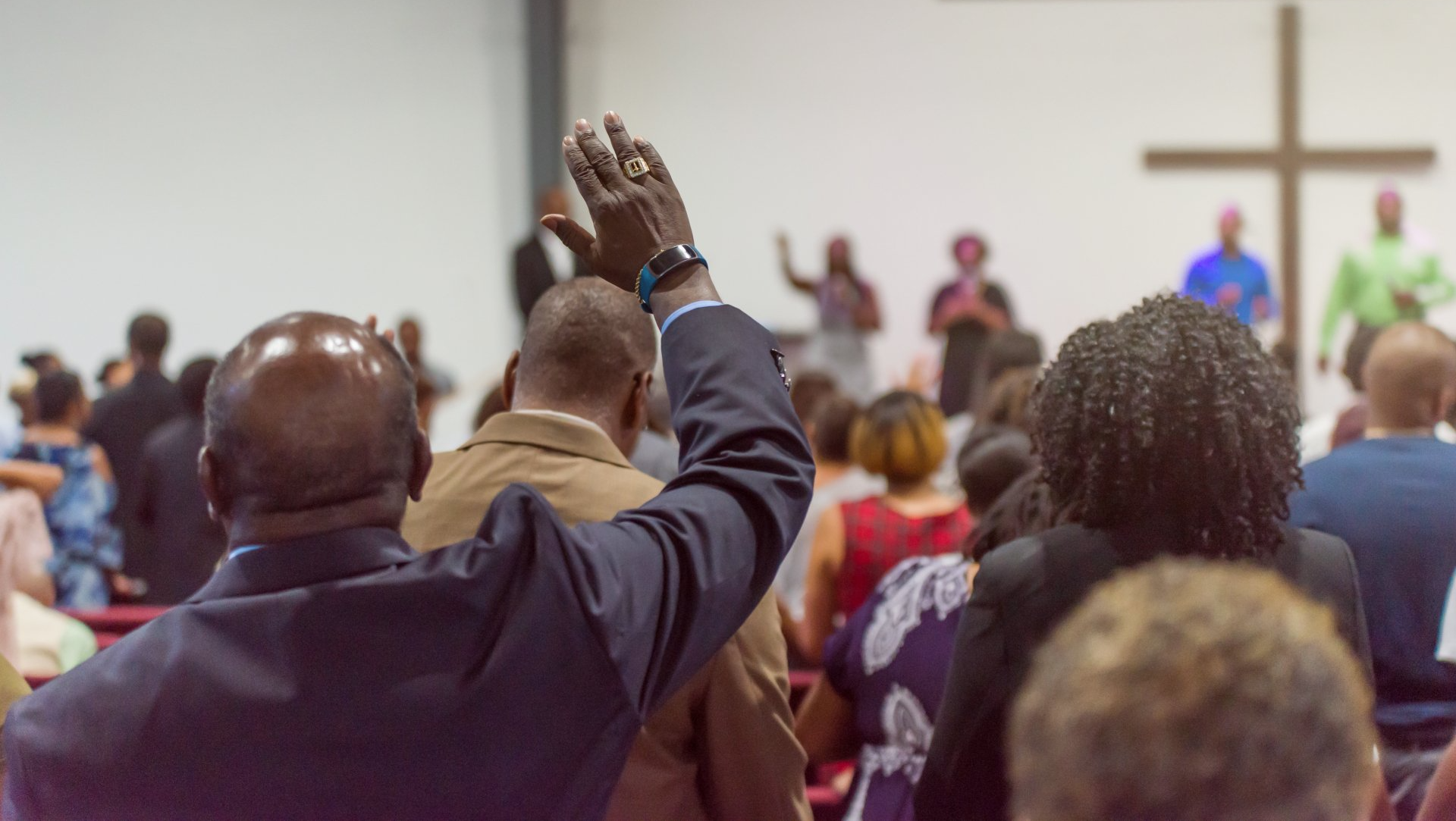What is a real Church? | The Apostles' Traditions... From God or man - The Heart of the Matter!
Have we forgotten these commands?

I am quite certain that very few Christians would have a problem with the proposition that the Bible contains commands which are supposed to be obeyed. When Paul wrote to Timothy, as someone in church leadership, and told him to, “Command and teach these things...” (1 Timothy 4v11), then we can only take this to mean that they were true ‘things’ which constituted commands, and which were therefore expected to be adhered to and obeyed. So when we read in the pages of scripture that we are to, “Bless those who persecute you...” (Romans 12v14), then we understand it to be something which we are obliged to do and not an option. In the light of such a clear biblical statement, we can thus conclude that it is self-evident that no believer is free to curse anyone, and that should we decide to do so then we would be in actual disobedience to the Word of God.
What might cause Christians quite a lot of problems though is my next proposition that there is, in fact, a whole batch of commands relating to a particular area of the Christian life which not only are not obeyed but which are either considered to be irrelevant or not even realized to be in the pages of scripture at all. And what I am referring to are the specific practices and ways of doing things of the churches established by the apostles. The way the church was set up and functioned was not only a matter of apostolic command but the only way the New Testament envisages churches would ever be set up and function.
What I am going to show, then, is that the New Testament teaches that not only are apostolic doctrine and morality (personal holiness) binding on us as commands but so too are specific practices and ways of doing things passed down by the apostles about how churches ought to be set up, function and operate. And what we are going to see is that there are practices – traditions, if you will - to which every church ought to adhere, such practices and traditions being actual biblical commands, and thus binding on us and to be obeyed the same as any other biblical commands. So let us turn to scripture to find out that the New Testament does indeed speak of such ‘traditions’, or practices - handed down by the apostles - which are presented as actual commands, and which are thus binding on us as believers.

So then, brethren, stand firm and hold to the traditions (Gk: paradosis - a handing down, established practice) which you were taught by us (the apostles), either by word of mouth or by letter.....And we have confidence in the Lord about you, that you are doing and will do the things which we command......Now we command you, brethren, in the name of our Lord Jesus Christ, that you keep away from any brother who is living in idleness and not in accord with the tradition (paradosis - established practice) that you received from us.”(2 Thessalonians 2v15, 3v4 and 6, Revised Standard Version)
Now in these verses, Paul is referring to Christian behavior (personal holiness) in general, and then, in particular, the need for each man to work and earn his living and not to be idle. So here we see that there were certain practices, or ‘traditions’, which pertained to practical aspects of the Christian life, which Paul handed down to the believers in Thessalonica and which he stated, in the name of the Lord, to command. And these particular commands covered not only the mandate to work and earn one’s living, but also to withdraw fellowship from any brothers who decide to disobey and remain in idleness.
So what we have here is an example of what I am going to call apostolic tradition. This particular example pertains to the area of Christian behavior (personal holiness), and we have established it to be a matter of clear scriptural command. And as we proceed now to some other references from Paul, this time to the Corinthian believers, it is vital to note that the context of what he writes is what they were doing, their practice, when they come together as a church. And what follows is a direct claim from Paul for divine command concerning the way believers ought to go about things when they gather together as a church.
“I commend you because you remember me in everything and maintain the traditions (paradosis - established practice) even as I have delivered them to you.” (I Corinthians 11v2 Revised Standard Version)
Paul is here referring to the comprehensive blueprint for the Corinthian church which he had passed on to them; in particular, their practices when they gather together. Or, to put it another way, he is dealing with the issue of how they met as a church, and the way they went about things when they did so. Paul is not here dealing with matters of doctrine or belief, and neither is he concerning himself with that which pertains to personal holiness. No, his remit here is to correct certain abuses that were occurring when they came together as a church, and in process of so doing, he commends them that the mechanics of their coming together - the nuts and bolts of what they did when they met as a church - were in line with the traditions he had handed down to them. And what this tells us is that it is obvious that Paul had indeed taught the Corinthian church to meet in a particular way, and to proceed along particular lines and to do things in a particular way. It is clear that he had, in fact, already given them a "how to do it" type of instructions when it came to meeting as a church, and he praises them for adhering to it even though he gives some corrections that need to be implemented.

“If anyone is disposed to be contentious, we recognize no other practice, nor do the churches of God.” (I Corinthians 11v16 Revised Standard Version)
Notice here Paul’s assumption and insistence that all churches were set up the same, and based on apostolic practice. The particular issue he’s referring to here was whether or not people in the church should have head coverings to participate in the open worship and sharing that occurred when the New Testament churches met, but the thing to highlight is his command, and expectation, of complete uniformity in that regard. And of course, what we are seeing is that there was a set way of doing things that the apostles expected all churches to adhere to. For the record, our understanding of this is that women should have long hair and men short hair, it is all to do with differing gender roles of men and women, and with the angelic beings who are looking at us.
“As in all the churches of the saints......” (I Corinthians 14v33 Revised Standard Version) Here, on the issue of women speaking during the church gathering, we once more see Paul assuming that all churches are practicing in the same way. Again and again, we see this simple and unmistakable fact that the apostles set churches up to function and go about things in the same way when they gathered together. They didn’t go around suggesting various ways for different churches to go about things when they met depending on what suited them best or on what they felt like at the time. No, they rather just instructed all the churches in the only way they were ever intended to go about things when they came together - and it was simply expected that all churches would comply. And just so there’s no missing what I‘m driving at here just get a load of this:
“What! Did the word of God originate with you, or are you the only ones it has reached?” (You not just feel the sting of Paul’s sarcasm here at any idea that there could be other ways of doing church than that which he had taught them.) “If anyone thinks that he is a prophet, or spiritual, he should acknowledge that what I am writing to you is a command of the Lord. If anyone does not recognize this, he is not recognized.”(I Corinthians 14v36-38 Revised Standard Version)
Again, we must underline the fact that the context of these verses (and we shall see the scholars concurring on all this later) pertains to matters of church practice, to what believers did when they got together as a church. They relate to how they functioned and how they were set up regarding their corporate activities. And Paul, when referring to the general issue of church practice, puts it all under the simple and straightforward heading of being a matter of the Lord’s command. It is not optional! It is not a matter of what suits one best! And neither is it a matter of how the Holy Spirit is leading! The Holy Spirit will never lead anyone to go against the teaching of the Bible (after all, he inspired its writing in the first place), but He will most definitely lead us when we meet according to the teaching of the Bible! No, this is a matter of one thing and one thing only: the command of the Lord! Further, Paul tells us not to recognize, and to ignore, anyone who says differently! Do we realize what this means?
It means that the prevailing idea that the Lord wants different types of churches to meet in different types of ways goes against the teaching of the New Testament.
The apostles, under the Lord’s guidance through the Holy Spirit, set up churches to operate and function in a particular and definite way (later on we will show what that way was), but of course, the point to underline at this juncture is that a church is either based on such apostolic practice/tradition - or on something else. And if a church's foundation bases itself on something else then it equates to but one thing - the extra-biblical practices/traditions of mere men! And if that is the case then such churches, when it comes to their corporate practice, are not biblical churches. They are unbiblical churches (we are not saying they are not churches), but they are not based on scripture. Indeed, the believers who constitute such churches may well be sound and orthodox in so far as other things are concerned, and be living faithful and godly lives in so as far as personal holiness goes, but when it comes to what church is all about they are still completely failing the test of being biblical.
That is what this website is all about. Indeed, what our church here is all about too. So join us on a journey to discover from the New Testament what churches, as established and set up by the apostles of Jesus, were actually like. You will then be ready to embark on the even greater adventure of playing a part in establishing and setting them up again.
Eastside Church of Christ Blog











